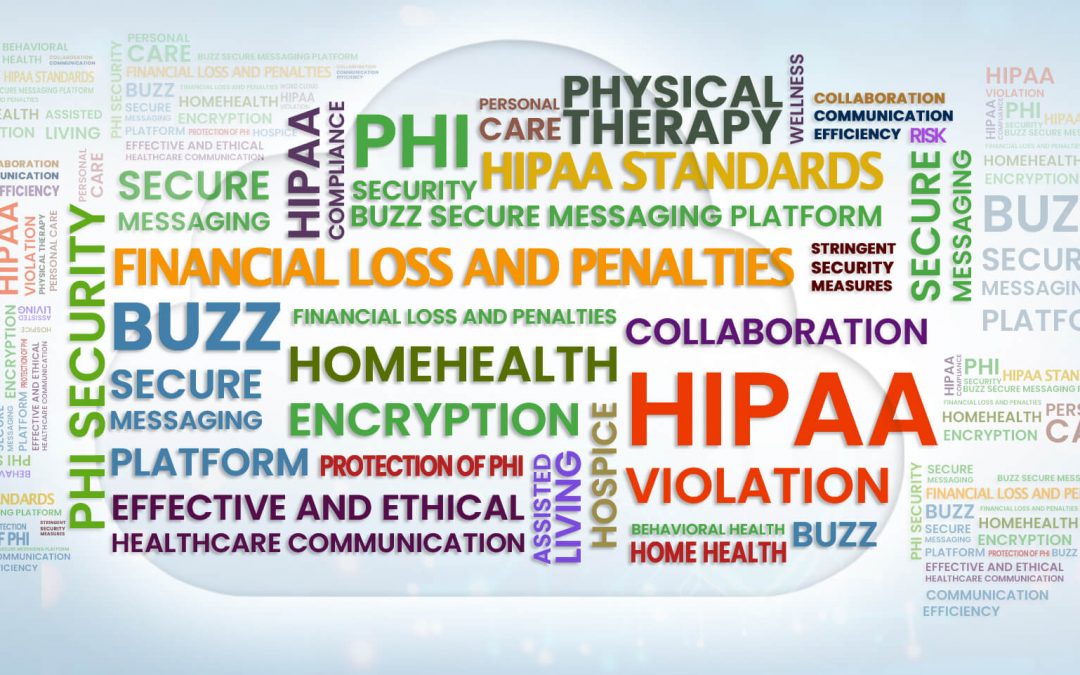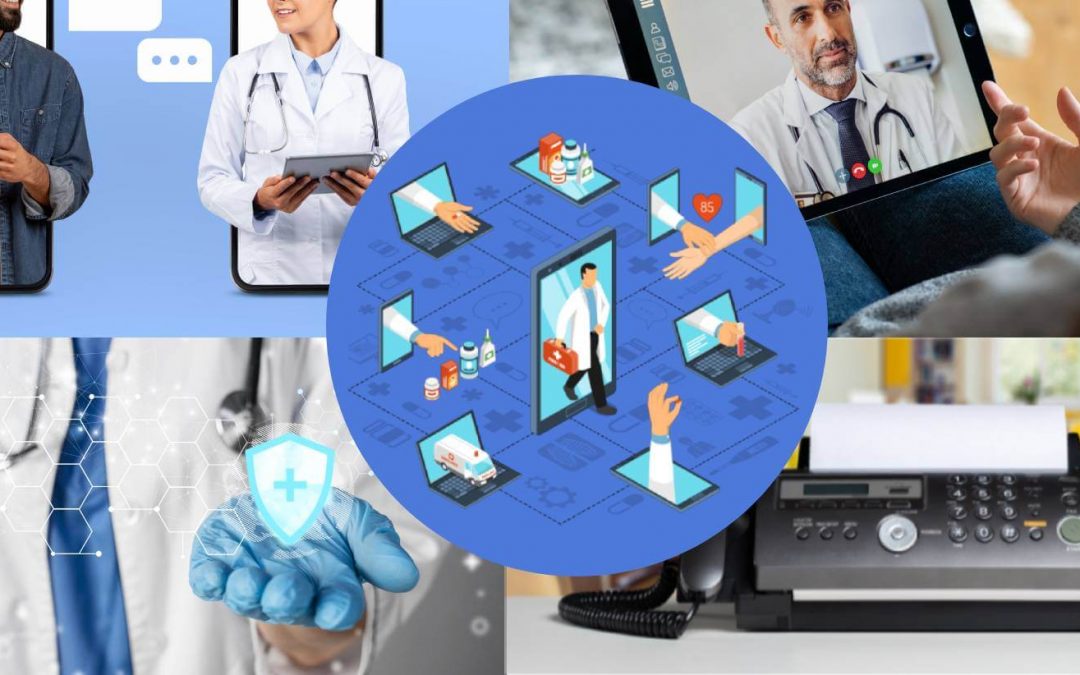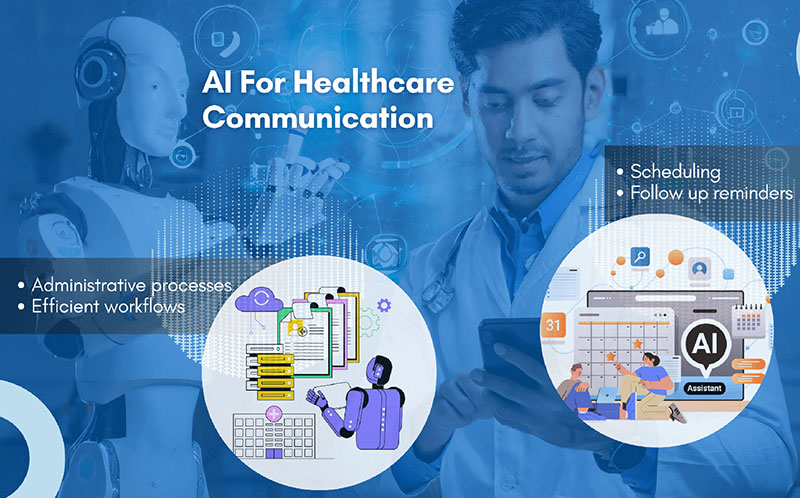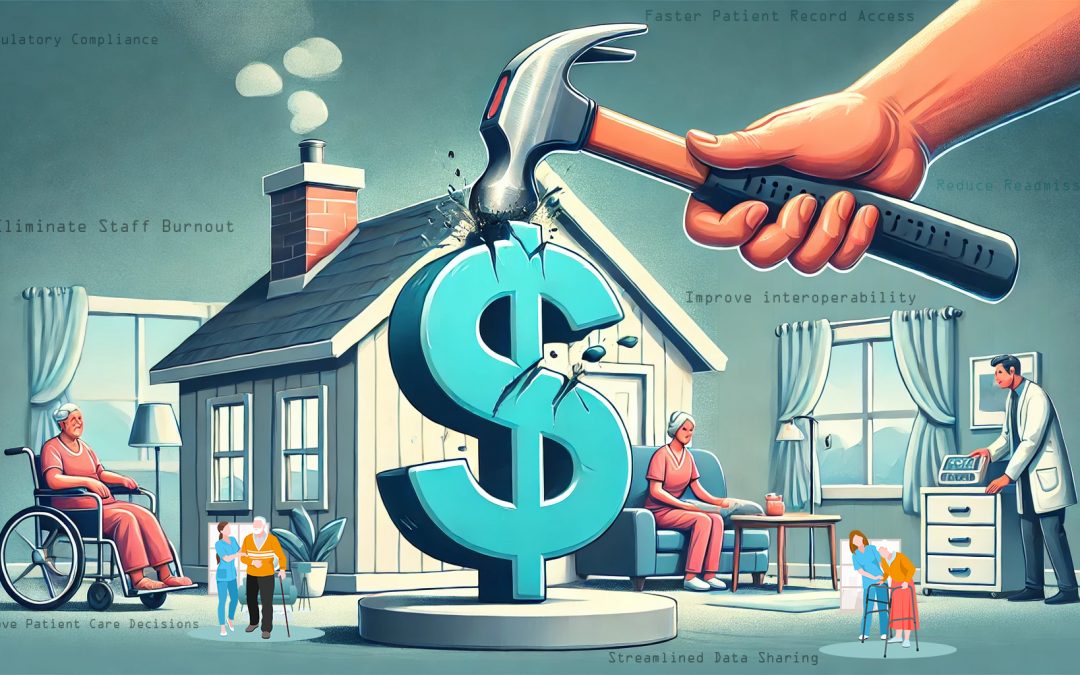


The Importance of HIPAA Compliance in Healthcare Communication
Quick Overview: How AI Is Enhancing Healthcare Communication Artificial intelligence is changing how healthcare teams and patients communicate by automating routine tasks and making clinical information easier to access. AI tools can reduce administrative burden and... Read More
Top 6 Features to Look for in a Healthcare Communication Platform
When it comes to healthcare, time is of the essence and every second counts. However, even with impeccable face-to-face communication skills, hospitals, clinics, long-term care, and home healthcare platforms still struggle to create a real-time collaborative... Read More
How AI is Enhancing Healthcare Communication
Artificial intelligence isn’t a new concept. In the healthcare industry alone, AI has been used to some degree since the 1970s. It was first implemented to help identify blood infection treatments and showed promising results. This led to further curiosity about... Read More
Streamlining Healthcare Workflows with Collaboration Tools
Quick Overview: Streamlining Healthcare Workflows with Collaboration Tools Collaboration tools help healthcare teams share information and coordinate tasks more efficiently. By improving communication and reducing manual work, these tools support smoother workflows... Read More
